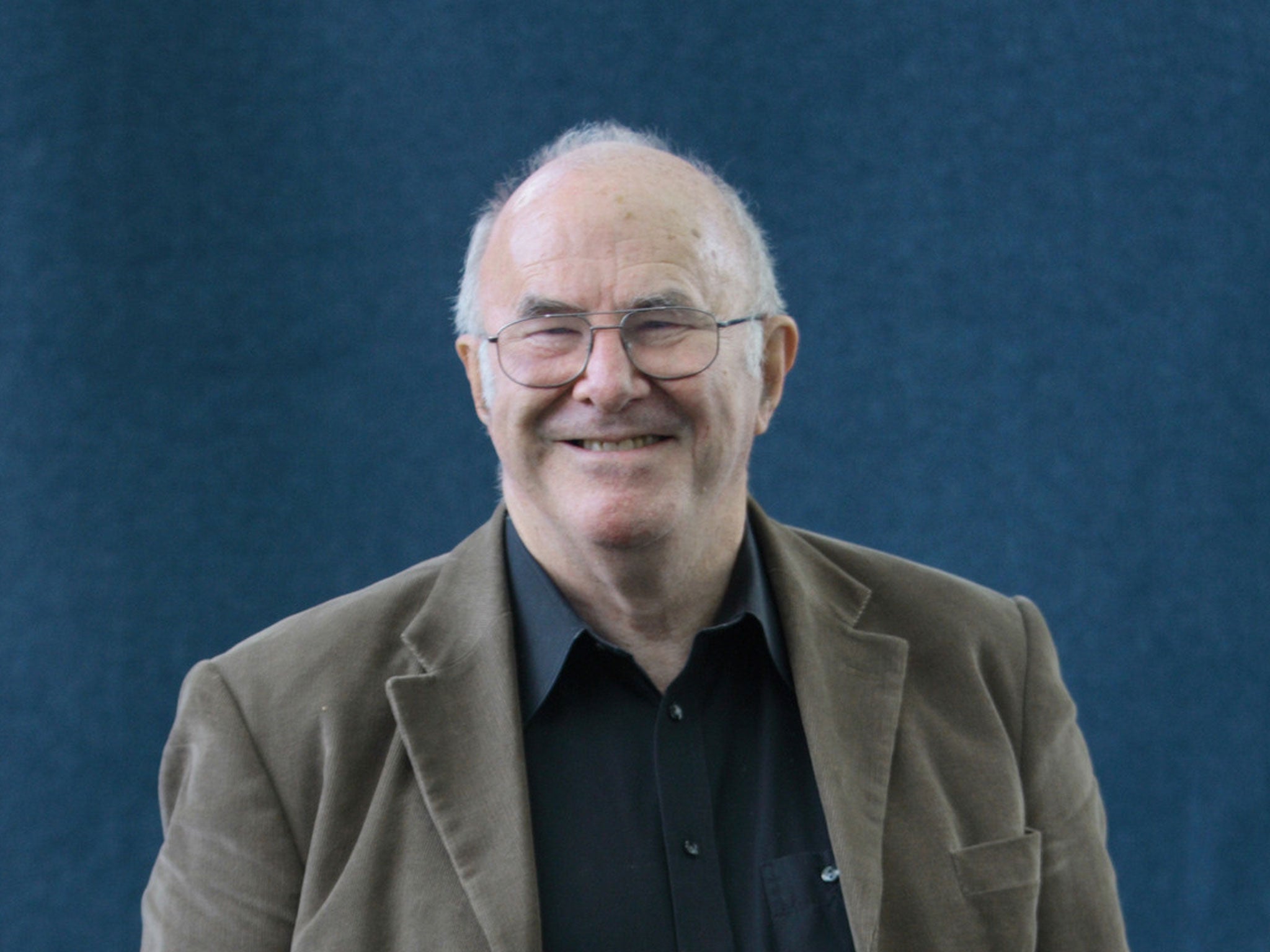Sentenced To Life by Clive James, book review: Wisdom and wit right to the end
James returns to poetry knowing "my death is something I must live with now"

In 'poetry notebook 2006-2014', Clive James is at odds with Ezra Pound on much, but at one on a fundamental contention: they both talk "about poetry as if it were the most exciting thing in the world".
It is no surprise, then, that James returns to poetry knowing "my death is something I must live with now". He reminds us of the "thrill of a slim volume", several of those "densely packed with memorable meaning" accompanying his journey here, where he now contemplates "time's flow", the rain and snow of an English autumn overlaid with memories of Australian heat: "On days of burning sun, the air is tinged/ With salt and eucalyptus".
To read the 39 poems in Sentenced to Life with the Poetry Notebook to hand brings additional intimacy to that inevitably created by the confessional tone of wisdom won – at too late an hour, he wonders? – at the cusp, more "here" than ever before facing that "immense ocean": "It waits for me beyond that strip of land." Notebook details writing that has stirred James's passion, for he is a critic par excellence with rigorous expectations. His own poems are "the real thing": flashes of poetic moments; phrases that stick; startling images; isolated perceptions, which cohere and create a unity.
Coming from the pen of one eying mortality, there is an inevitable sadness to this moving collection. This being James, there are also moments of zinging energy, a sense of fun in some allusions (Tolstoy –"himself an awful husband"; Catullus – "My girlfriend's sparrow is dead. It is an ex-sparrow"; Gabriele D'Annunzio – plunging his face into a Parisian dancer's "tarte tatin"). When read aloud, the wry smile and laugh is audible.
But these are, he notes, "funeral poems" written partially with a sense of wonder at the enhanced "second sight" that an imposed stillness brings, as in "Event Horizon": "… you get to see the cosmos blaze/ And feel its grandeur even against your will." It is not always a comfortable stillness with the bedfellows of human frailty: "faithlessness", "pride", regret for "deceit" as in the title poem: "…I would lie/ As if I could be true to everyone/ At once, …". Or, remembering a life lived at full throttle, in "Landfall": "That footloose feeling always on the brink/ Of breakdown: the false freedom of excess."
In Notebook, James refers to poets whose work still live on the page in the present tense. The "instinct for a phrase", admired in Wilbur, Larkin and MacNeice, exists here, too. Alone the line "The green gold of the Christmas beetle's wing" ensures James will remain in the present tense as those Japanese Maple's leaves continue to turn to flame.
Join our commenting forum
Join thought-provoking conversations, follow other Independent readers and see their replies
Comments
Bookmark popover
Removed from bookmarks